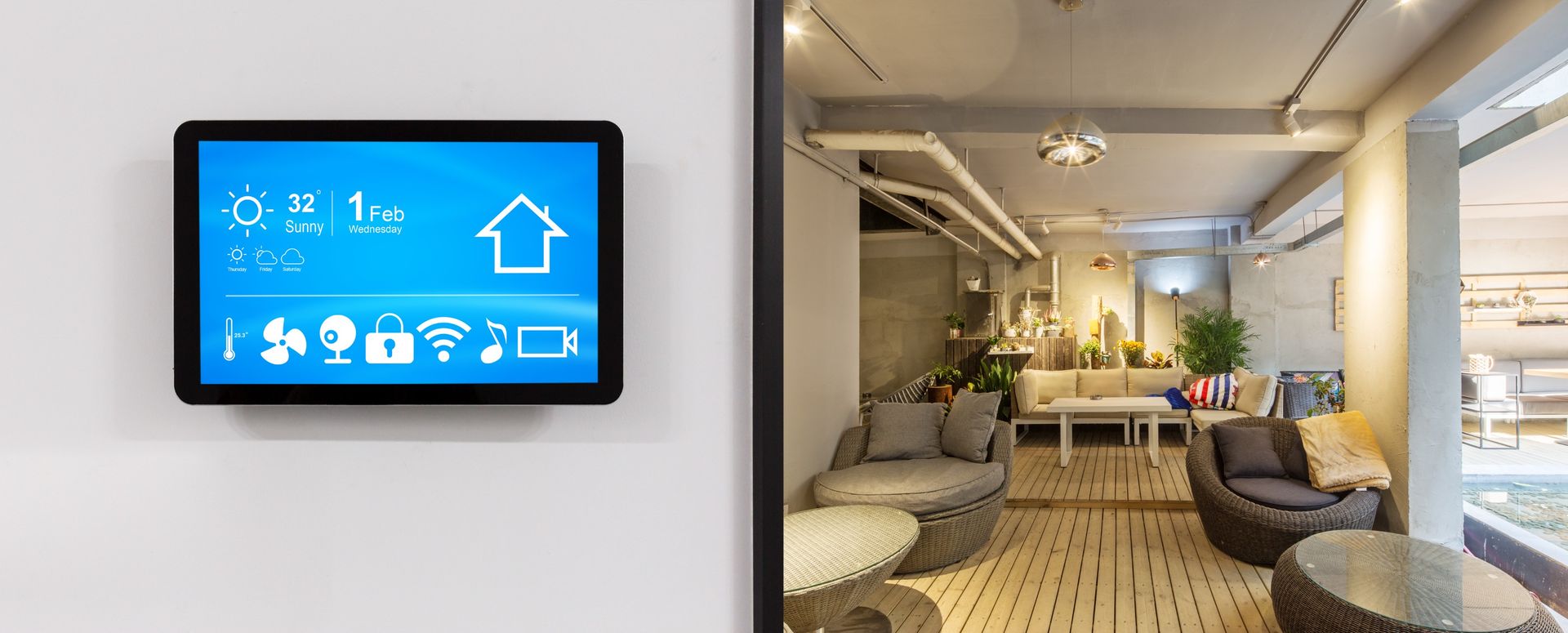The Rise of Smart Homes: Transforming Modern Living with Home Automation
Unlocking the Future:
The Power and Promise of Smart Home Technology

Introduction:
In recent years, smart home technology has revolutionized the way we live, offering convenience, security, and energy efficiency like never before. From automated lighting and thermostats to voice-controlled assistants and smart appliances, the possibilities are endless. This blog delves into the burgeoning trend of smart homes, exploring the benefits, challenges, and future implications of embracing home automation in our daily lives.
The Evolution of Smart Home Technology:
Smart home technology has come a long way since its inception. What once seemed like science fiction is now a reality, thanks to advancements in connectivity, artificial intelligence, and sensor technology. Today, smart homes offer a range of features designed to enhance comfort, convenience, and security for homeowners.
Benefits of Smart Home Automation:
- Convenience: Control your home's lighting, temperature, and security systems with the touch of a button or a voice command.
- Energy Efficiency: Optimize your energy usage and reduce utility bills by automating lighting, heating, and cooling based on occupancy and environmental conditions.
- Security: Monitor your home remotely and receive instant alerts in case of unauthorized access or suspicious activity.
- Comfort: Customize your home environment to suit your preferences, whether it's adjusting the thermostat, dimming the lights, or playing your favorite music.
- Peace of Mind: With smart home cameras and sensors, you can keep an eye on your property and loved ones, even when you're away.
Challenges and Considerations:
While the benefits of smart home technology are undeniable, there are also challenges and considerations to keep in mind:
- Compatibility: Not all smart home devices are compatible with each other, leading to potential interoperability issues.
- Privacy and Security: Connected devices can pose privacy and security risks if not properly secured, raising concerns about data breaches and hacking.
- Cost: Smart home technology can be expensive to implement, especially for homeowners on a tight budget.
- Complexity: Setting up and configuring smart home devices may require technical expertise, making it daunting for some users.
The Future of Smart Homes:
Despite the challenges, the future of smart homes looks promising. As technology continues to evolve, we can expect to see even more innovative solutions that further enhance our living spaces:
- Integration: Seamless integration between different smart home devices and platforms will become increasingly important, allowing for greater interoperability and ease of use.
- Artificial Intelligence: Advances in artificial intelligence will enable smart home systems to learn and adapt to homeowners' preferences, making them more intuitive and responsive.
- Energy Management: Smart home technology will play a crucial role in energy management and conservation efforts, helping to reduce carbon emissions and combat climate change.
- Health and Wellness: Smart home devices will increasingly focus on promoting health and wellness, with features such as air quality monitoring, sleep tracking, and fitness coaching.
Conclusion:
As smart home technology continues to evolve and become more accessible, it has the potential to revolutionize the way we live, work, and interact with our environments. By embracing home automation, homeowners can enjoy greater convenience, comfort, and security while also contributing to a more sustainable and connected future.
For more information on how to transform your home into a smart home, contact HomeTown Wireless Communication at 813-602-0070 or visit our website at www.htwc.biz. Let us help you unlock the full potential of your living space with cutting-edge smart home solutions.
